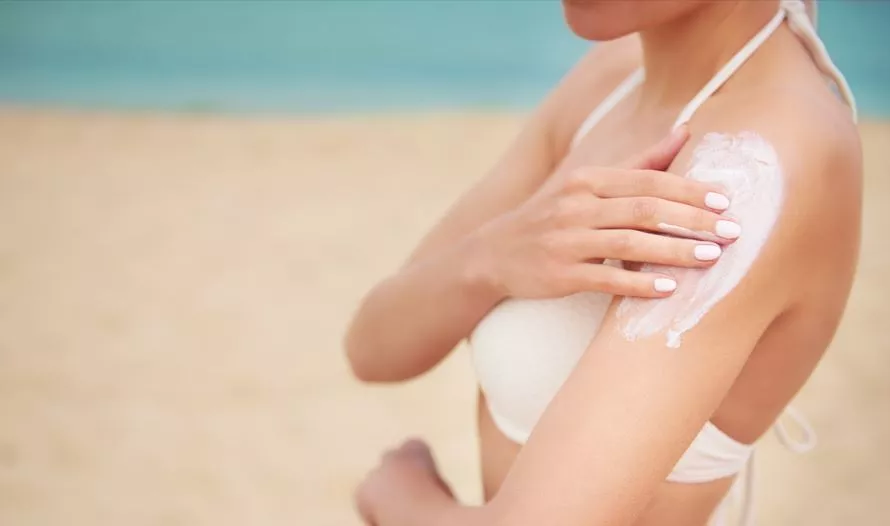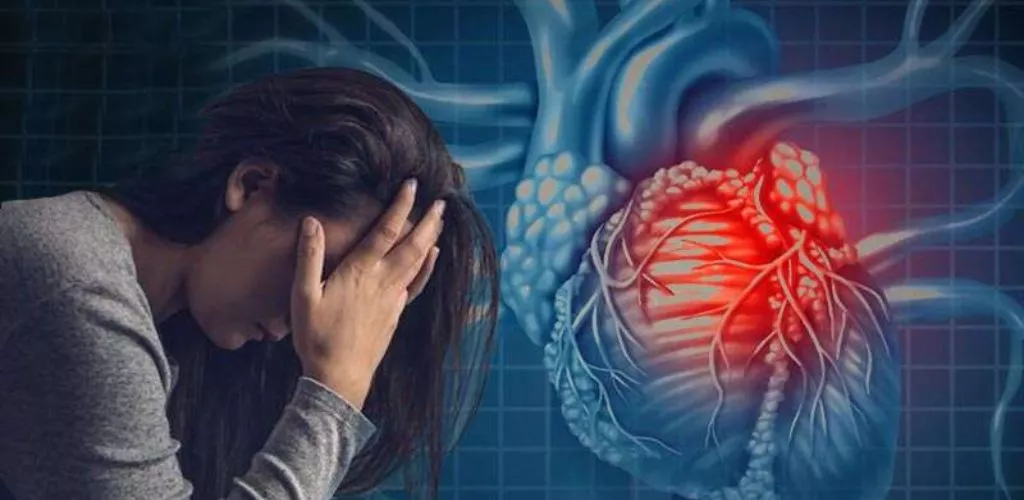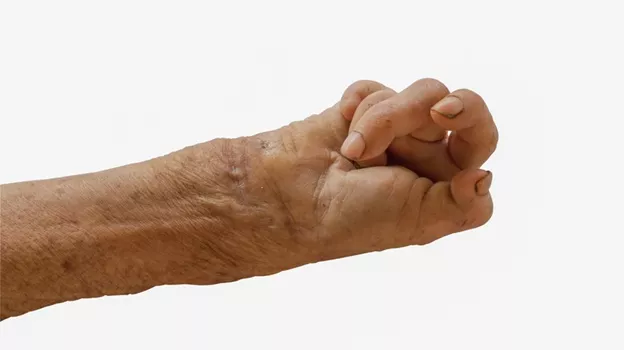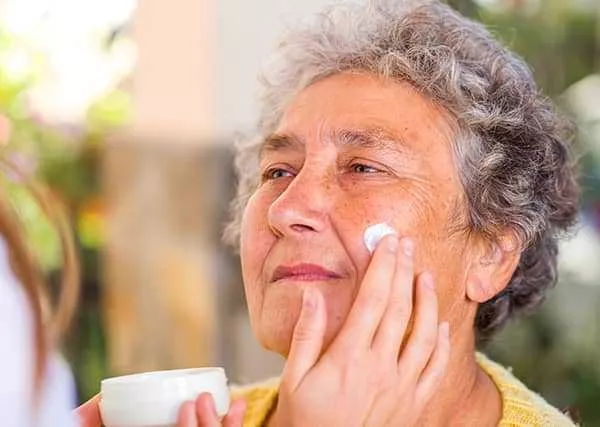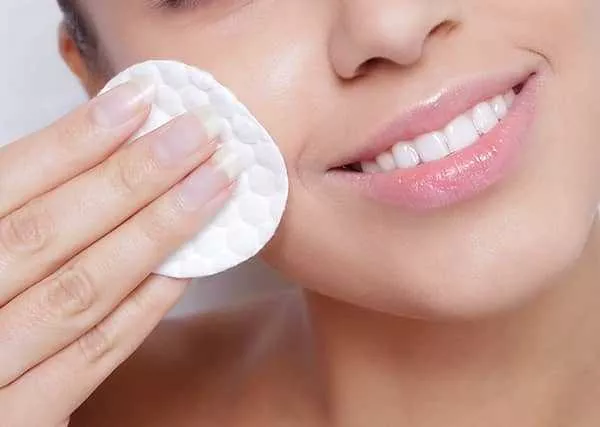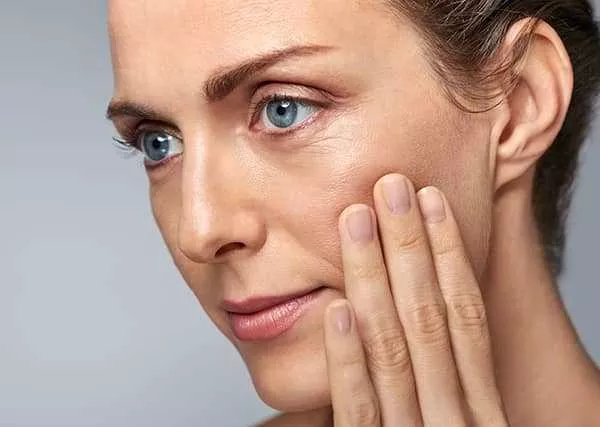by Dr. Anuradha Kakkanatt Babu
Sunlight contains visible light infrared and ultraviolet rays. Ultraviolet radiation include UVA, UBB, and UBC. UVA rays are more generally distributed over the earth’s surfaces; UVB rays are stronger but not so generally distributed over the earth’s surfaces; UVC rays are the very worst but fortunately for us the ozone layer of the Earth shields them off our skin.
Even if you don’t notice them, UV rays can enter your body through your skin and provoke dermatitis. Epidermis refers to the outer layer of the skin while dermis refers to the inner layer of the skin. The dermis contains blood vessels and nerves. Some of these are melanocytic cells that contain a pigment called melanin which is available in variable quantities among people with lighter and darker skins. Melanin, for instance, safeguards your skin, and it also aids in the production of vitamin D.
Upon encounter with UV rays, the skin tans or darkens. Severe Acute Exposure leads to skin burns and prolonged exposure can exacerbate certain skin disease and rarely skin cancers.
The Good: Benefits of Sun Exposure
- Vitamin D Production: However, Exposing your skin to bright sun rays makes the skin produce vitamin D which helps in the absorption of calcium. Calcium is needed for constructing and sustaining sound bones. If your natural sunlight and food are not providing much vitamin D, your doctors will likely recommend some supplements.
- Medical Uses: Can We Use The Sun To Fight Cancer? Doctors might recommend some patients undergo UV treatment for conditions such as eczema, psoriasis, rickets, and jaundice. Also objects are also often sterilized and disinfected using UV rays. UV radiations are used for treatment of cutaneous lymphomas.
The Bad: Risks of Excessive Sun Exposure
- Skin Changes: Prolonged sun exposure may have an effect on your skin for example, the development of moles and skin allergy which may eventually lead to cancer.
- Premature Ageing: Prolonged exposure to the sun can hasten skin ageing or other skin. This shows up as creases, constriction, a leathery texture, and the emergence of dark patches.
- Weakened Immune System: Sunburn triggers the body's immune response to repair damaged skin. However, doing so can temporarily shift immune resources from other places, which might erode immunity as a whole.
- Eye Injuries: UV rays are harmful to the eye; they burn the cornea leading to loss of sight. Untreated long-term exposure can cause cataracts that end in blindness.
- Skin Cancer: Most skin cancer cases can be cured; however, a less common type called melanoma is far more deadly. Overexposure to the sun increases your risk of developing skin cancer over a long period that is when you happen to be fair-skinned and have many moles as well. If you notice unusual moles or skin changes, consult experienced dermatologists in Kochi Kerala for proper evaluation and treatment.
Steps to Prevent Sun Exposure for Your Skin
It is important that you should protect yourself from excessive sun exposure, so as to preserve your general well-being and evade skin diseases.
Protecting yourself from the harmful effects of sun exposure is essential for your overall health. You can enjoy the sun safely and lower the hazards connected with UV radiation by adhering to the U.S. Food and Drug Administration's (FDA) recommendations.
- Use Sunscreen: Choose sunscreen with a higher SPF because it provides better UV protection. The FDA recommends SPF 15 or more.Go for the broad-spectrum sunscreen, which protects from both UVA and UVB. Apply sunscreen at least 30 minutes before heading outside. Every four hours, and more often if you swim or sweat, reapply sunscreen.
- Plan Your Sun Exposure: Try to keep out of the sun from 10 a.m. to 4 p.m. when the sun rays are maximum. Be more cautious in areas close to the equator because the intensity of the sun may be greater.
- Take Breaks: If you have been in the sun for a while, step indoors, look for shade, or wear an umbrella.
- Cover Up: Use appropriate clothing and wide-brimmed hats to protect your skin from UV radiation. This precaution is even more important for babies and young children whose skin is more delicate. Do not forget to put on UV-blocking sunglasses to safeguard your eyes.
Additional things to Consider
Be mindful that some drugs, such as antibiotics and birth control pills, can make you more sensitive to the sun. To learn about potential side effects, speak with your doctor or get in touch with Aster Medcity's skin specialist in Kochi at our leading dermatology hospital in Kochi Kerala.
Your chance of getting sunburn is increased by the reflection of UV radiation on surfaces like water, pavement, sand, and snow. This means that even on gloomy days or while engaging in hobbies like skiing, you can get a sunburn.
Avoid using sunlamps and tanning beds. Despite not originating from the sun directly, they generate a lot of UV radiation that can damage your skin. Be cautious of items like oils, lotions, and pills that claim to increase melanin production in order to speed up tanning. These goods could be harmful to your health because the FDA has not cleared them.
Conclusion:
Sun exposure can cause skin allergy, early ageing effect, reduced immunity, eye damage, and skin cancer. If you intend to be outdoors more often you can enjoy the sun safely by using sunscreen and sunglasses. Get in touch with Aster Medcity’s skin specialist in Kochi to more about skincare and how to prevent yourself from skin diseases.
